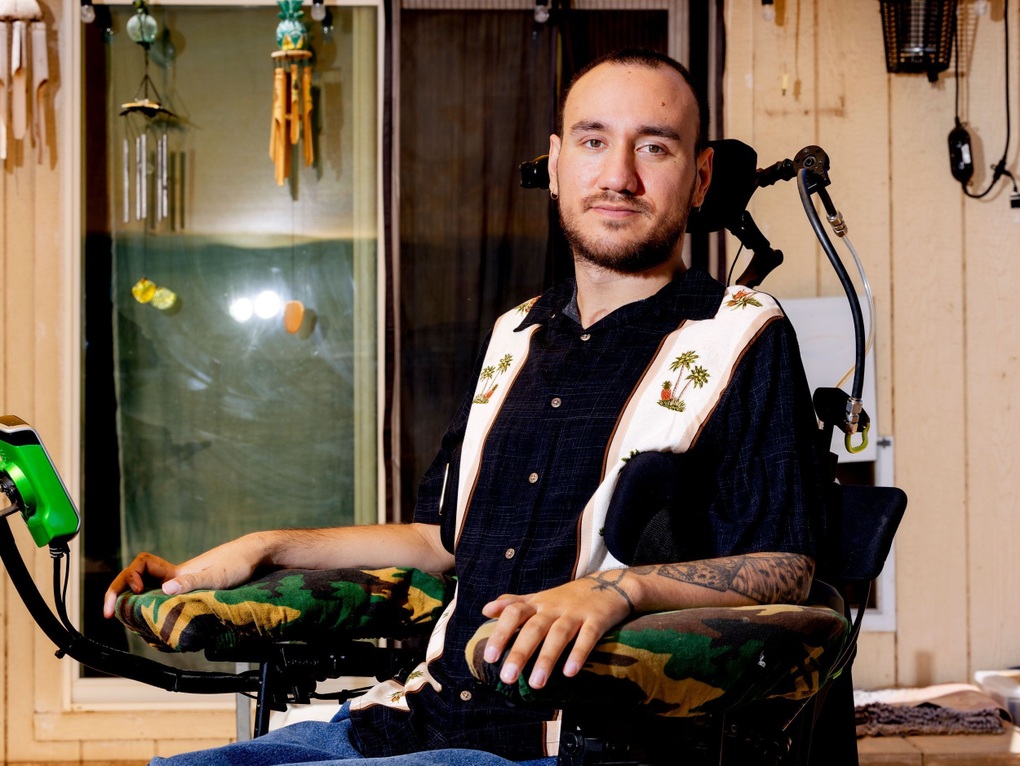
Noland Arbaugh (photo: Wire).
On January 30, 2024, Elon Musk's company Neuralink implanted an electronic chip into the human brain for the first time.
Now, from his wheelchair, Noland Arbaugh can play games, explore the universe of neuroscience , and open doors with just his thoughts.
This is no longer science fiction, but a story of hope, of limits being broken and of a technological revolution that is reshaping what it means to be human.
When the chip rewrites life
In 2016, a swimming accident left Noland Arbaugh (then 29 years old) completely paralyzed from the shoulders down; his life was filled with silence and helplessness.
But then, in a two-hour robotic surgery at Barrow Neurological Institute, everything changed.
Thousands of microscopic threads were implanted in his motor cortex, connecting his mind to Neuralink's groundbreaking brain-computer interface.
The results were beyond what anyone could have imagined. From a world confined by four walls, Noland could now surf the web, conquer Mario Kart races, or control smart home devices - all without a single physical movement.
The chip is wireless, compact, and requires only a few hours of charging. For Noland, who once described his life as “a meaningless, hazy time,” it’s a small trade-off for a great deal of freedom.
Finding the purpose of life
Before the chip, Noland's life moved slowly. Now, he's back in school and doing research in the very field that changed his life: neuroscience.
Every day, he spends up to ten hours using the chip to study, connect with people and plan for the future.
Not only that, Noland has also started a career in public speaking, sharing his story and inspiring a global audience. He emphasizes not only the power of technology, but also the mental recovery that comes from regaining control.
“I feel like I've been given a second chance. My potential has always been there – it's just that now I have the tools to express it,” he shared.
His message was clear: Real breakthroughs don't come from chips, but from the magical collaboration of the human spirit and technological innovation.
Being the first means facing unforeseen challenges, media attention and online harassment... Still, Noland remains a passionate supporter of the project. He does not receive a salary from Neuralink but supports himself through speaking engagements.
For him, the chip is more than just a device – it is a freedom, a tool to reclaim dignity and shape one’s own future. His story is a reminder that behind every technological advance there are always very human emotional burdens.
The prospect of enhancing human intelligence and
Neuralink - a company founded by Elon Musk - aims to build a direct bridge between the brain and the digital world, first of all to help paralyzed people control devices and restore the ability to communicate. Further, Musk has mentioned the prospect of enhancing human intelligence.
However, medical experts and neuroscientists say there are still many issues to be verified: the durability of the device, the risk of infection, the possibility of causing long-term brain damage, the accuracy of decoding neural signals. In addition, ethical issues - the privacy of brain data, dependence on technology - are also being debated.
There are still many technical hurdles to overcome, from battery life to signal accuracy. But Noland's journey proves that the potential is real—not a distant dream.
Noland Arbaugh's story raises profound questions: What would happen if our minds could connect directly to machines? What would the world be like if you could control it with just your thoughts?
Will we accept artificial intelligence directly intervening in our minds? Who will manage neural data? And is society ready for an era where thoughts can become actions?
These are not just technological questions. These are philosophical questions about identity, about autonomy, and about the future we want to build together.
Arbaugh's story is both a testament to the power of human resilience and a reminder that every technological advance must be accompanied by scientific, legal, and ethical caution and consideration.
Source: https://dantri.com.vn/cong-nghe/18-thang-song-cung-chip-nao-cua-nguoi-dan-ong-liet-tu-chi-20250929134032000.htm


![[Photo] General Secretary To Lam receives Vice President of Luxshare-ICT Group (China)](https://vphoto.vietnam.vn/thumb/1200x675/vietnam/resource/IMAGE/2025/11/15/1763211137119_a1-bnd-7809-8939-jpg.webp)



![[Photo] Prime Minister Pham Minh Chinh meets with representatives of outstanding teachers](https://vphoto.vietnam.vn/thumb/1200x675/vietnam/resource/IMAGE/2025/11/15/1763215934276_dsc-0578-jpg.webp)

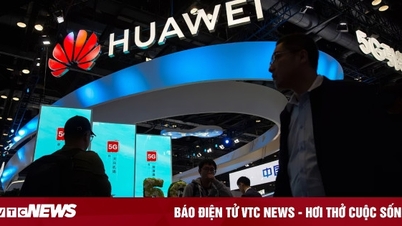

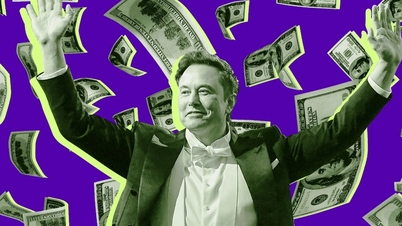


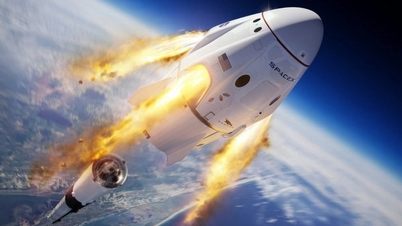
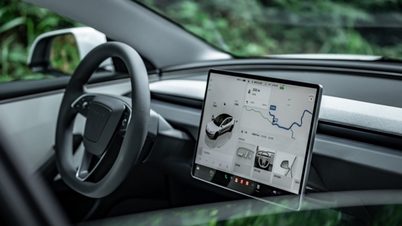

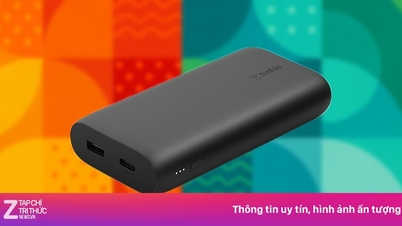

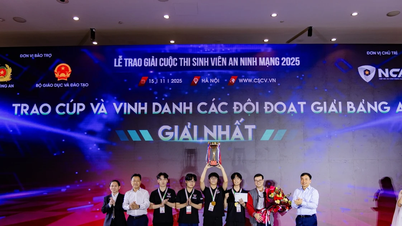




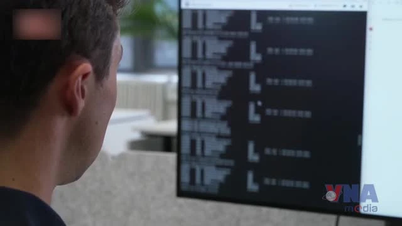
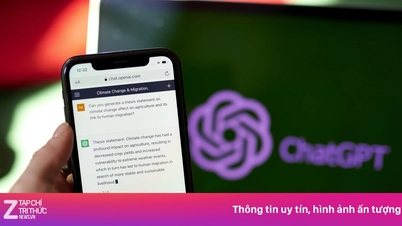








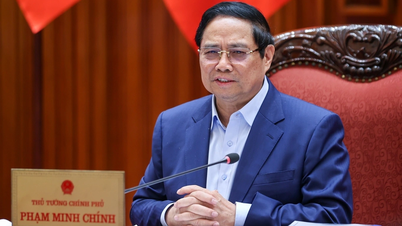
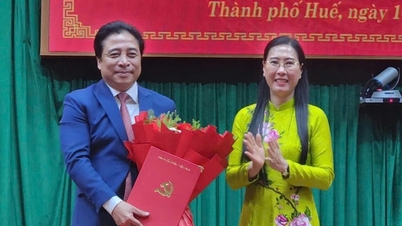
















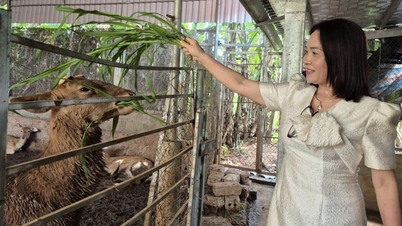



















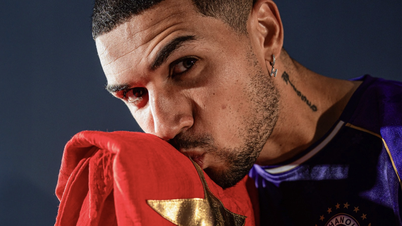






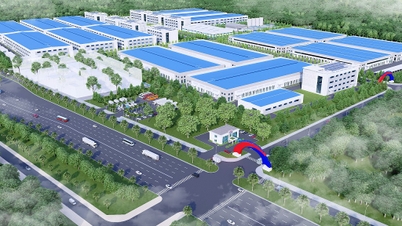




























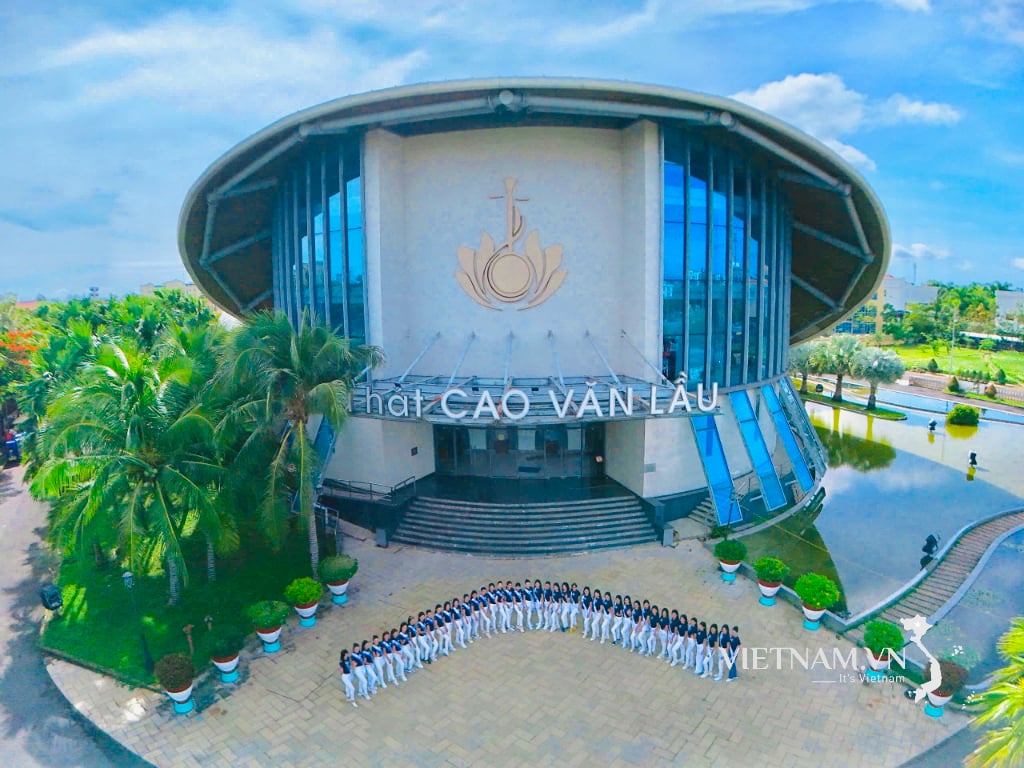
Comment (0)